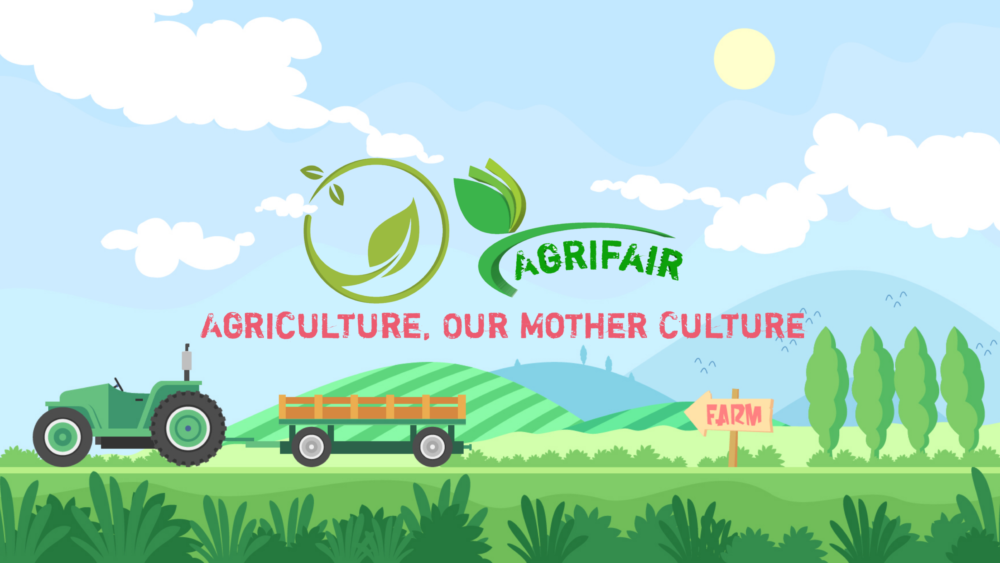Apiculture: The Fascinating World of Beekeeping
Beekeeping, or apiculture, is the practice of maintaining colonies of honey bees for the purpose of producing honey and other bee products. This unique and fascinating hobby has been around for thousands of years and offers numerous benefits for both the beekeeper and the environment.

Why Beekeeping is Important
Bees play a crucial role in our ecosystem by pollinating crops and helping to maintain biodiversity. In fact, one-third of the world’s food supply depends on pollinators, such as bees. In addition to their important role in agriculture, bees also provide us with a sweet and natural food source – honey. Beekeeping can also provide a source of income through the sale of honey, beeswax, pollen, and other bee products.
Getting Started with Beekeeping
If you’re interested in starting beekeeping, there are a few things to consider before you get started:
Hive Selection:
Select a suitable hive that is well-ventilated and secure.
You may like this Saguna Rice Technique: A New Method for Sustainable Rice Farming
Hive Placement:
Place the hives in a location that is protected from strong winds and direct sunlight, with access to water and a variety of flowering plants.
Bee Management:
Regularly inspect the hives for signs of pests, diseases, and honey stores. Take appropriate measures to manage these issues.
Feeding:
Provide the bees with food, such as sugar water or artificial nectar, when natural food sources are scarce.
Harvesting Honey:
Harvest the honey at the right time, taking care not to harm the bees or their colony.
You can watch this video for better understanding 👇
Challenges of Beekeeping
While beekeeping offers many benefits, it is important to be aware of the challenges that come with this hobby:
Pests and Diseases:
Bees are vulnerable to pests and diseases, such as varroa mites, Wax moths, and Colony Collapse Disorder. Regular monitoring and proper management are essential to minimize these issues.
Weather:
Weather conditions can have a significant impact on bee populations, especially during harsh winters and dry summers.
Colony Collapse: Colony collapse refers to the sudden loss of bee populations, which can occur due to a variety of factors, including pesticides, disease, and habitat loss.
Conclusion
Beekeeping is a unique and fascinating hobby that offers numerous benefits for both the beekeeper and the environment. By selecting a suitable hive, placing it in the right location, providing proper care and management, and overcoming challenges, you can enjoy the rewarding experience of beekeeping and help to maintain our ecosystem.


